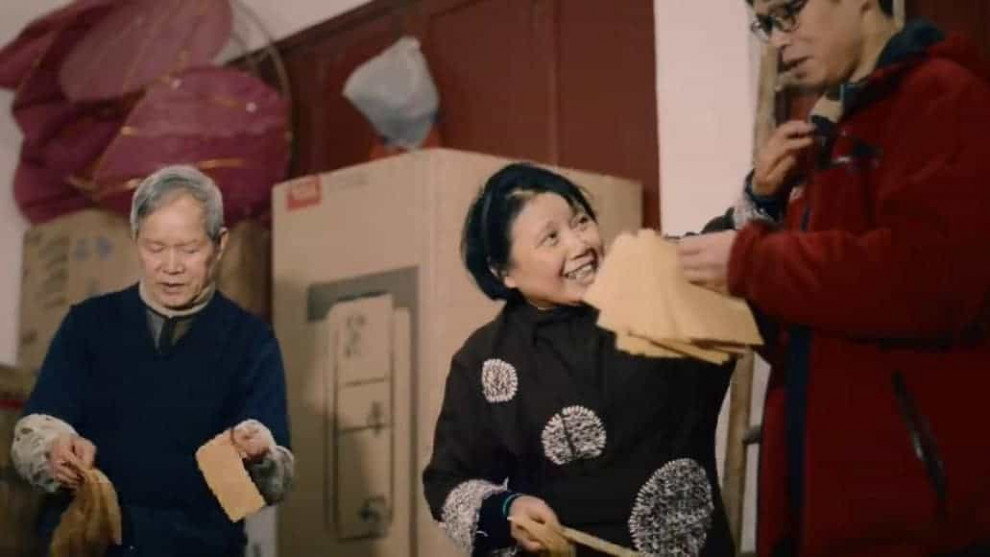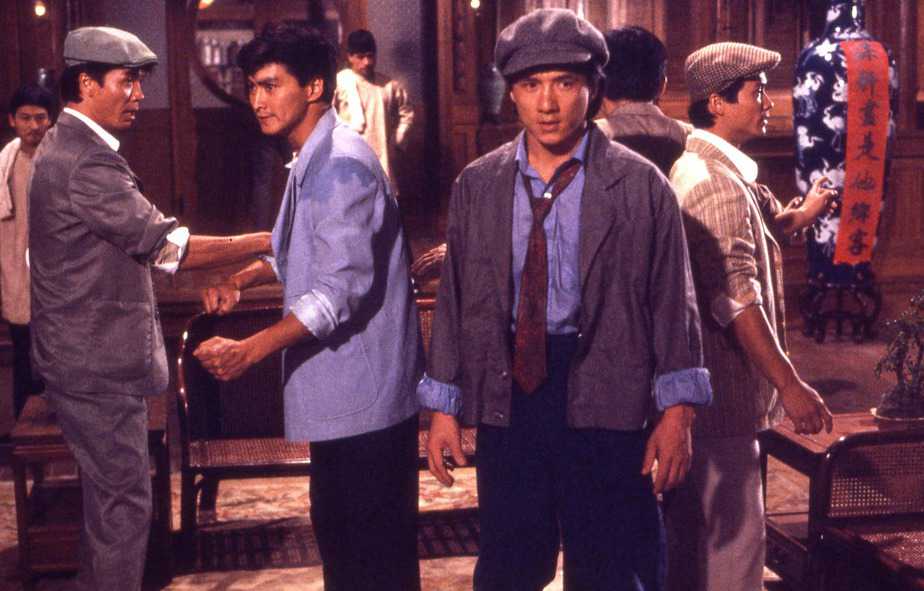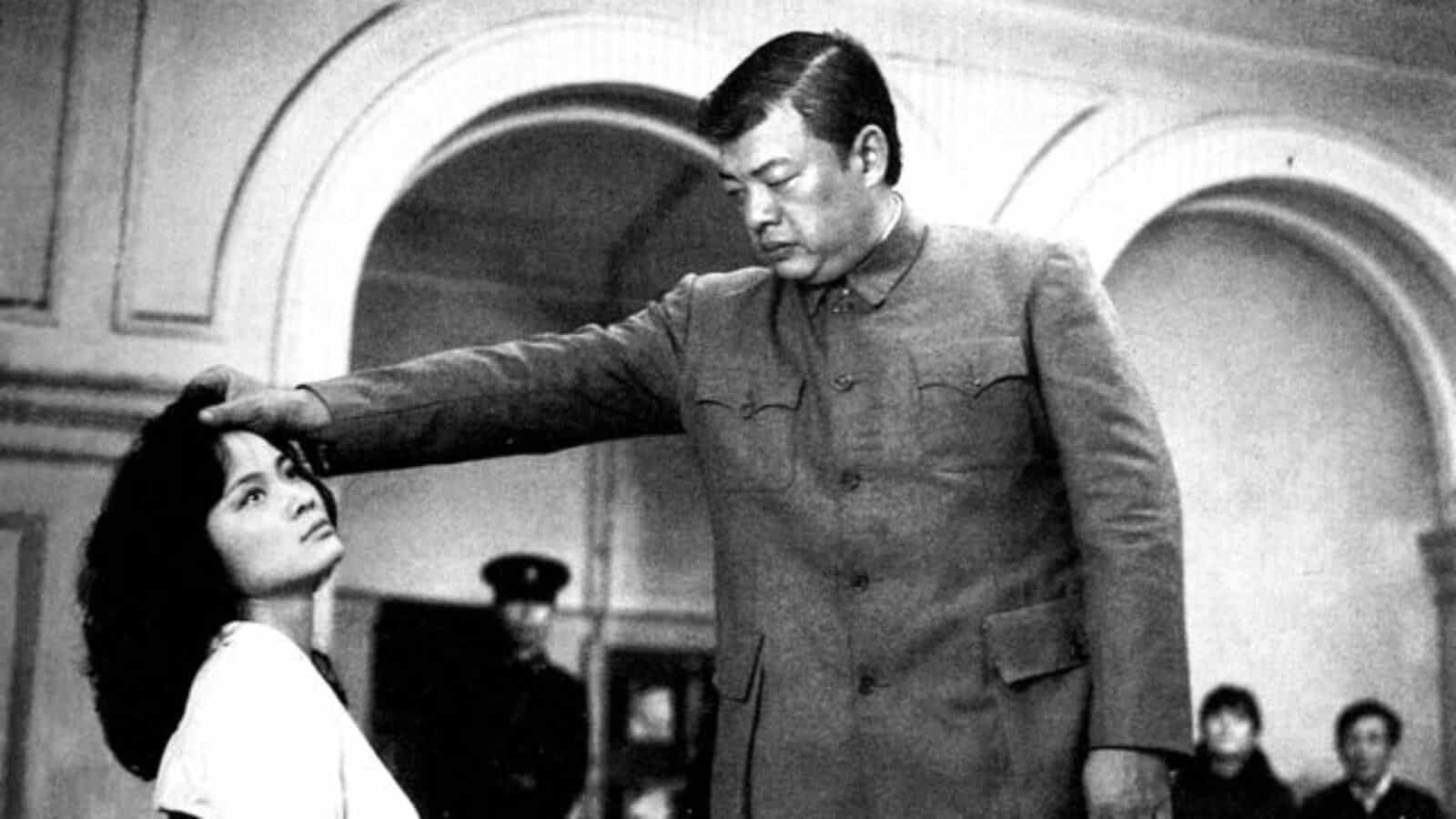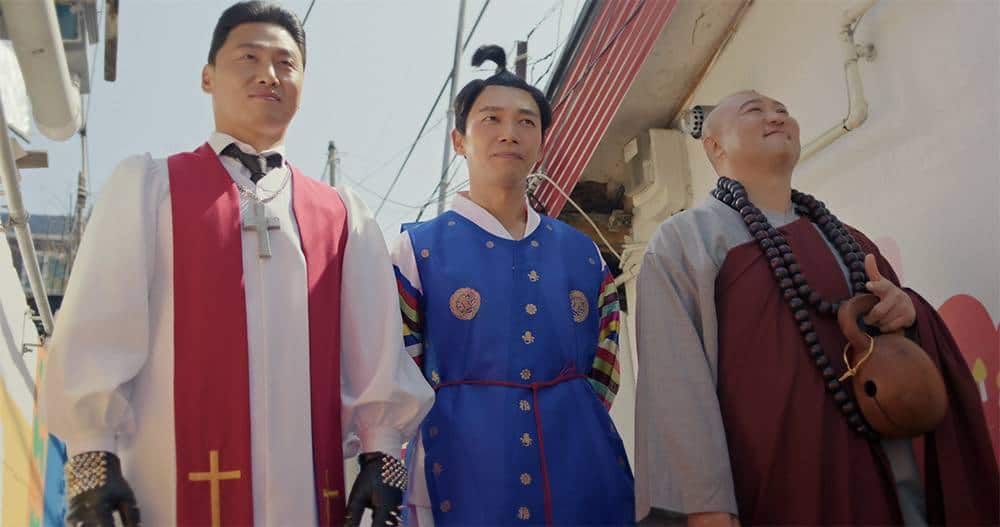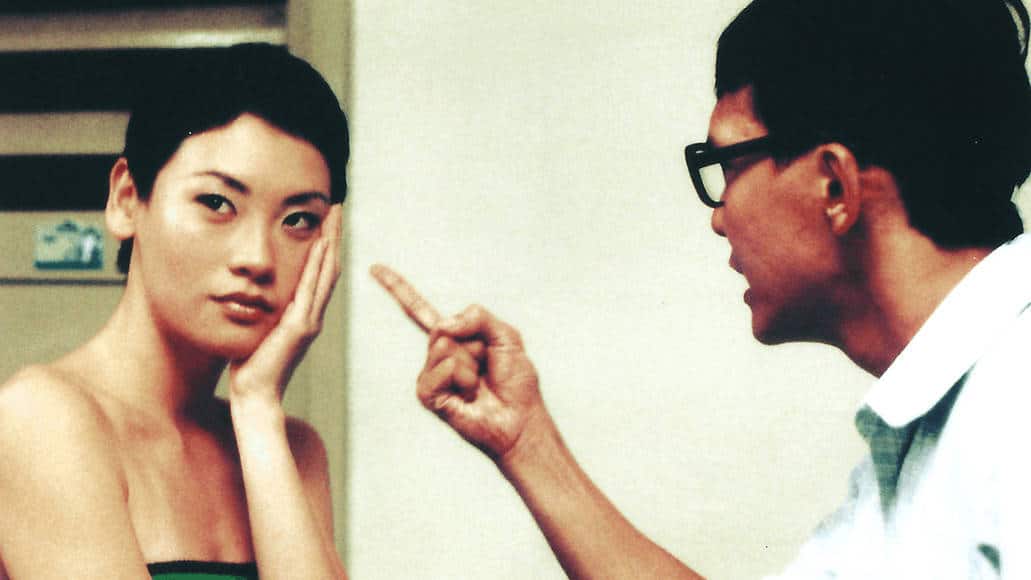“Every year we should have a family reunion like this.”
Even though certain branches of art have tried to distance themselves from “common life”, perhaps the majority of artists have attempted to create something which is not exclusive. Films, literature and drama have sought to portray the profoundness of everyday life whose conflicts and struggles are, in the end, universal. Of course, depending on the portrayal of the Everyman, “common life” has also been repeatedly glorified and abused for ideological means, for example, in the depictions of workers in Fascist regimes or in Soviet Russia. Nevertheless, the fascination and significance of this subject are the most lasting concepts within art itself.
At times, the depth and philosophy of what is common to us comes as a surprise. When Chinese painter and photographer Lu Qingyi started a diary titled “My Father” and published it online, he was taken aback by the positive feedback he received. Given this amount of interest he came up with the idea to film the traditional spring festival in his hometown of Guizhou, how his family reunites for that particular time and how his parents prepare for the event. The result, the documentary “Four Springs”, which has been screened at many international festivals, became a huge success in his home country. More importantly, as Qingyi expresses in his statement to the film, it has changed the way he thinks about “common life” as he recognized the “open-minded, pristine philosophy of life“ his parents displayed in their daily routine.
“Four Springs” screens at Chinese Visual Festival

“Four Springs” – as the title already suggests – focuses on the preparation, celebration and aftermath of the annual spring festival in the director's hometown. Starting in 2013, the film is a collection of events which happened around the festival, from the seemingly banal preparation of meals to those of great tragedy, such as his sister's death. Qingyi's camera portrays how his family, in particular his parents, deal with grief, how they cope with old age but also reveals what is their philosophy on life.
Even though the diversity of subjects his film touches upon are quite difficult, the effect of “Four Springs” is overwhelmingly life-affirming and uplifting. Perhaps the most noteworthy aspect is the way Qingyi struggles with being the observing filmmaker and the son, a challenge almost constantly obstructed by his mother and father. While his parents mostly stay the same during the course of the film, the most interesting development takes place behind the camera as the view actually seems to take over the “lessons” learned from the way this elderly couple encounters life every day. Some of the most delightful moments come when it gives in to the obvious silliness of a matter, for example, when Qingyi's parents cannot help themselves laughing, as they try to figure out how to operate a chat program on their cell phones.

Additionally, many sequences, most specifically the ones in the surrounding nature of the setting, contain a profound contemplative quality to them. Any viewer will likely understand the essence of coming home, when walking through the front door is not a disturbance of someone's routine, but rather a gesture that is more than welcome as well as met with warmth and happiness. As his parents walk though the woods and fields near their hometown, the camera highlights this precious connection to something maybe best described as ease of mind. This seemingly natural spirituality is something displayed in most scenes along with the aforementioned lust for life, for example, when both parents start dancing or singing as they remember the time they were young.
In conclusion, “Four Springs” is a wonderfully uplifting film which touches upon topics like grief, happiness, age and spirituality. Given its unique perspective, the relationship of child and parent, it offers a universal, relatable approach to its viewer, one which will surely be appreciated. In the end, one can only hope to have the same quality of life, humor and affection as the people in this lovely documentary.


